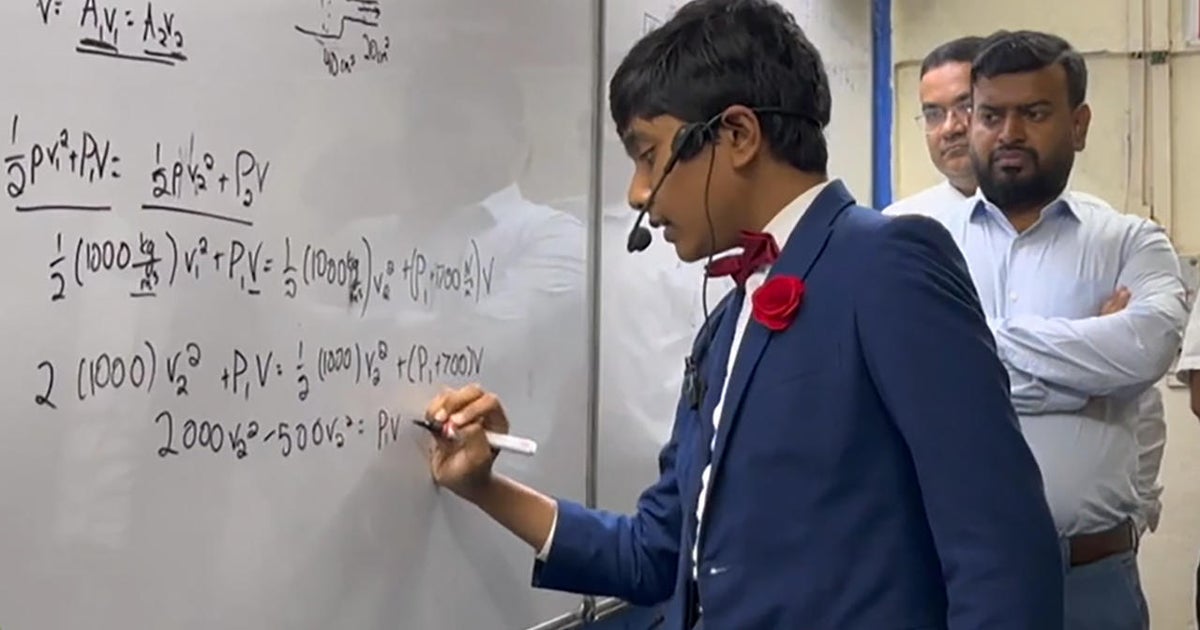Gambling
From PlayStation 5 to Gambling: Exploring the Synergies of Next-Gen Gaming – PlayStation Universe


Next-generation gaming consoles such as the PlayStation 5 (PS5) mark a consequential transition in the gaming industry sphere. These refinements have radically altered how games are developed, experienced and monetized. In this context, one fascinating outcome is the synergy between next-gen gaming platforms and gambling.
Advancements in Gaming Technology
The PlayStation 5 is indubitably a consequential advance in gaming technology, distinguished by its advanced hardware and software capacities. Critical features comprise ultra-fast load times, radically enhanced graphics and refined modes of haptic feedback, advancements that contribute towards a more immersive gaming experience. This evolution spreads to casino apps, which are now exploiting the same calibrations to offer more engrossing and naturalistic gambling experiences. Utilizing next-gen technology, these apps can enrich graphics and gameplay, obfuscating the barrier between traditional gaming and gambling. As a result, participants experience richer, more interactive gambling surroundings that align with the advancements seen in gaming.
Integration of Gambling Mechanics
The assimilation of gambling mechanics into next-gen gaming platforms is becoming increasingly predominant; for example, the gamification of gambling concerns integrating facets traditionally associated with gaming, such as achievements, rewards and progression systems, into gambling circumstances. This approach can improve user engagement by making gambling more interactive and attractive to a more comprehensive audience. For instance, in-game currencies and loot boxes—popular in many video games—share numerous similitudes with gambling mechanisms. These systems typically incorporate aspects of chance and reward, diminishing the distinctions between gaming and gambling.
Impact on Game Design
The merging of gaming and gambling is of consequential importance for game design. In this sphere, developers are researching fresh means of assembling experiences that harmonize entertainment with gambling components, resulting in more inventive game mechanics and monetization approaches. Thus, the use of randomized rewards, virtual currencies and in-game purchases has become standard practice. These elements enrich gameplay and present gambling-like features, facets that can affect player behaviour and spending patterns. As game designers integrate these features, they must balance the enjoyment of the game with the ethical considerations associated with gambling.
Regulatory and Ethical Considerations
The convergence of gaming and gambling stimulates critical regulatory and ethical conundrums. Authorities are commonly and increasingly examining how gambling mechanics are implemented in games, particularly those targeted at more youthful audiences. The inclusion of loot boxes and other gambling-like elements has resulted in discussions about their influence on players, especially regarding addiction and financial troubles. Regulatory bodies are thus starting to set guidelines and restrictions to guarantee these components are transparent and do not exploit vulnerable people. Ergo, game developers must maneuver through these regulations conscientiously to circumvent legal repercussions and uphold ethical criteria.
Economic Implications
The synergy between next-gen gaming and gambling has noteworthy economic implications for both industries: for gaming companies, integrating gambling features can supply additional revenue streams and enrich player engagement; meanwhile, the gambling industry profits from the augmented reach and appeal of gamified experiences. This intersection has resulted in the generation of unexplored business models and partnerships between gaming and gambling entities while the economic impact is evident in the growth of markets for both sectors, alongside the development of new technologies and platforms that facilitate this integration. In 2022, revenue from the worldwide gaming market was calculated to be almost 347 billion U.S. dollars while the mobile gaming market yielded an estimated 248 billion U.S. dollars of the total.
Future Directions
Moving forward, the relationship between next-gen gaming and gambling is anticipated to persist in its paradigmatic evolution. As technology becomes more refined, fresh prospects for incorporating gambling mechanics into gaming experiences will materialize. Virtual reality (VR) and augmented reality (AR) are instances of technologies that could additionally diminish the extant boundaries between gaming and gambling. These innovations have the prospect of assembling even more immersive and interactive experiences, augmenting the possibilities for both industries. As this synergy progresses, enduring research and dialogue will be paramount when managing the challenges and opportunities that arise.









